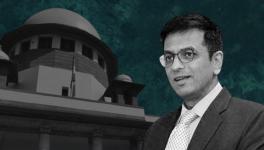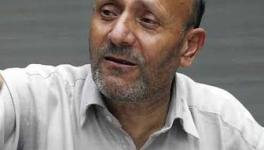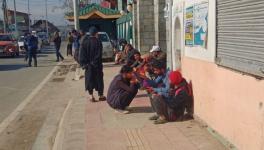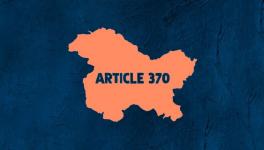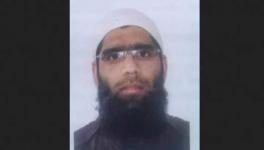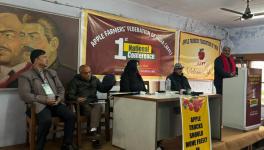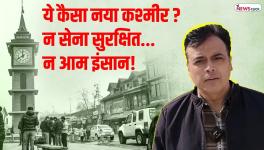J&K Ceasefire: Some Relief, But Skepticism About Future in the Valley
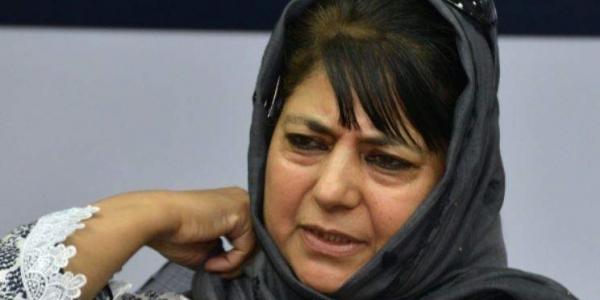
Image Courtesy: Indian Express
While the Centre has approved J&K CM Mehbooba Mufti’s demand for “unilateral ceasefire” during the holy month of Ramzan, the development has aroused mixed feelings from Kashmiris living in the valley. Some voiced a sense of relief that the bloodshed would stop at least for a month, while others were skeptical and asked what will happen after the month is over. There was a feeling of continued betrayal by the current PDP-BJP alliance that is ruling the trouble-torn state.
The ceasefire announced by the government is not complete ceasefire, but a “conditional” one. The Centre has asked the security forces not to launch operations during Ramzan, but it has reserved the right to retaliate for the security forces, if attacked or if it is essential to protect the lives of the innocent people.
"I don't know how effective it will be. Also to announce ceasefire just for a month makes it clear that after that, there will be no let-up in the killings. It is difficult to say it'll stop the bloodshed. I'm very skeptical about it. We’ll also have to see how honestly it's enforced," said Essar Batool, a human rights activist.
There are others in the valley who have welcomed the decision with a hope that it might lead to a solution to end the conflict.
“A fine decision from the Central Government for the blessed month! Halting counter-insurgency operations will definitely help in keeping peace at least for a month. This initiative must be brought to a good conclusion. I personally believe that no one wants the bloodshed to continue; all we want is a long and everlasting solution in this conflict-torn state,” said Yonus Rashid, a student activist.
Others, like Gazi Muzamil, Vice President, All J&K Students Union, said that not just a month-long ceasefire but dialogue with all the stakeholders is what is really needed. Gazi lives in Shopian, one of the worst affected districts in terms of militancy and violence.
He told Newsclick, “Ceasefire for a month is not an option in a conflict zone like Kashmir. It means the cycle of bloodshed will continue after Eid. Centre must come up with a permanent solution that lies in a dialogue with all the stakeholders, than this relaxation in bloodshed.”
Even among the senior government officials, there was a caution about the ceasefire. They said that the ceasefire declared in 2000-2001 by then Prime Minister Atal Bihari Vajpayee was futile and they are doubtful that this current “unilateral ceasefire” will lead to anything, according to media reports.
“Almost all terrorists groups operating in the valley in 2000 had rejected the government offer. Many still recall that during the four-month period, terrorists were roaming freely in Kashmir. Is there any guarantee that the situation would not repeat now?” an official told PTI on the basis of anonymity.
There is also a demand that the ceasefire should be expanded to include more meaningful measures like release of political prisoners and end to violence.
“Cessation of hostilities would mean releasing all 600 political prisoners, putting an end to all forms of violence and intimidation against people through cordon and search operations, torture, arrests, crackdowns, and willingness to initiate a meaningful dialogue with all stakeholders for a just resolution of Kashmir dispute,” said Khurram Parvez, programme coordinator of J&K Coalition of Civil Society.
Get the latest reports & analysis with people's perspective on Protests, movements & deep analytical videos, discussions of the current affairs in your Telegram app. Subscribe to NewsClick's Telegram channel & get Real-Time updates on stories, as they get published on our website.









